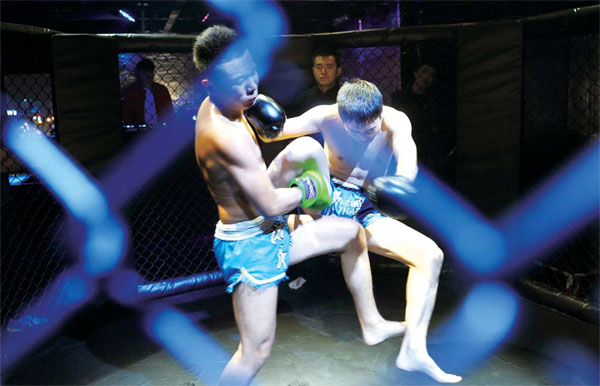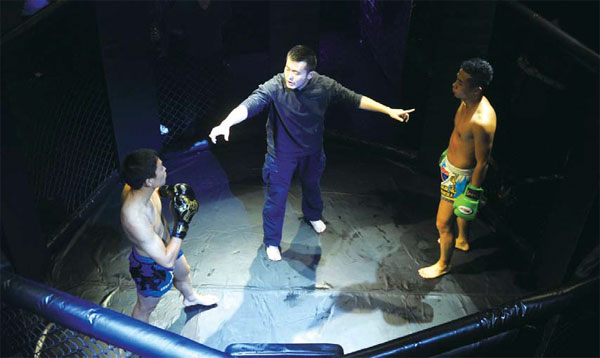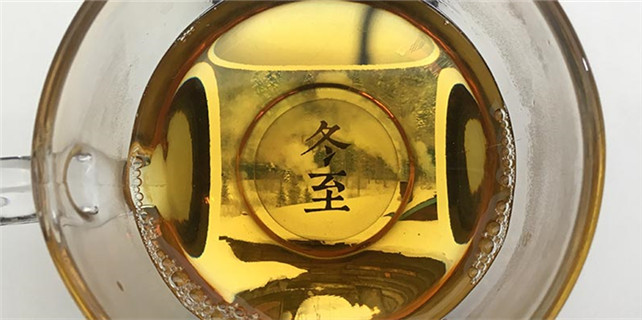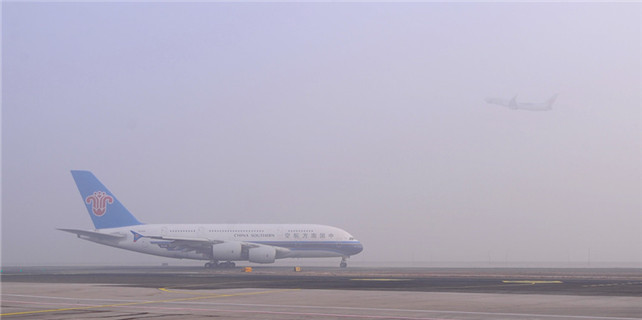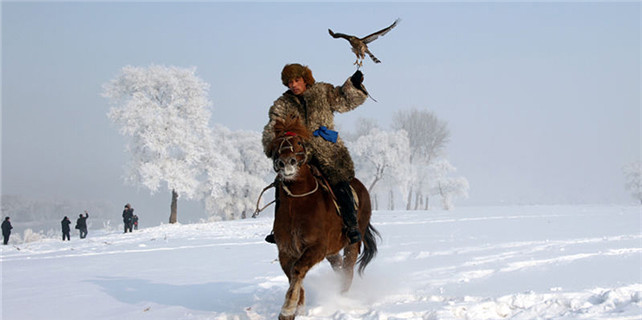Lords of the ring
A Thai boxing club has brought a new form of entertainment to Chengdu as it restores the martial spirit
At more than 1.8 meters tall and weighing 70 kilograms, Yang Yiguo is one of the best-known professional kickboxers at the Monster fight club. However, his well-honed physique is a far cry from when, at 16, he was beaten up during a basketball game.
The event prompted him to beef up through martial arts, and he quickly fell in love with Thai boxing. Now in his 20s, he has been fighting professionally for six years and has lost just four of his 30 bouts.
|
|
|
|
Monster was founded by two of Yang's friends in a converted bar in an upscale neighborhood of Chengdu, the capital of Sichuan province. In November, Yang joined them as a Thai boxing coach and, using his connections, arranged bouts featuring several well-known boxers.
Aside from using WeChat, the instant-messaging app, the club does no promotion, yet an increasing number of people are learning about it via word of mouth.
Yang and Ma Huoche, a DJ who organizes events at the club, have devised a three-tiered system: knockout bouts, challenge bouts and exhibition matches. The fighters register for free via WeChat and are assigned to different levels depending on weight and experience. Audience members, including women, can also challenge the winner of each fight.
Participants and the audience come from various walks of life, including office workers, teachers, doctors, tattoo artists, police officers, sailors, lawyers and college students.
The fighters wear little in the way of protective equipment, apart from gum shields and boxing gloves. They are allowed to strike their opponents with their fists, elbows, knees, legs and feet, and the bout is only stopped if a boxer yields or if the referee steps in to stop the fight.
That rarely happens, though. Cut eyebrows and bloody noses are the most common wounds, while no fighter has sustained serious injuries, Yang says.
Fight night lasts from 10 pm to midnight every Friday and Saturday, with each bout consisting of two to three rounds. The events draw audiences of about 50 people, with tickets costing 100 to 200 yuan ($15 to $30; 13 to 26 euros).
Yang and Ma buy insurance for every fighter, while winners receive a prize of 500 yuan. Overheads are covered by ticket sales and the revenue generated by selling drinks.
One more round
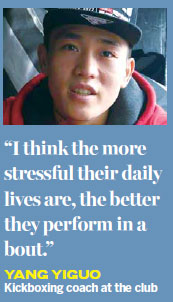
Yang began offering one-on-one lessons in late February after returning to China from a 20-day training camp in Thailand. Given the large number of people who have contacted him through WeChat, the boxing training market is far larger than the one for organizing fights.
Xu Ying, 25, a helicopter pilot in Chengdu, was among the first to sign up. She pays 300 yuan for a 60-minute session. She says Yang started by teaching her the basics, but he soon discovered she had a good foundation in the sport and remarkable physical strength.
"I just like fighting," Xu says. "I have a busy schedule, but after seeing news about the fight club I made up my mind to set aside time to learn. I have a dream that one day I will be able to fight a bout."
Fighting, she adds, is a good way of relieving the pressures that accumulate in daily life, but it must be taken seriously. "No matter what people do for a living, they all look the same in the ring. That's the power of kickboxing."
Yang says 16-year-old tattoo artist Wang Haoran is among his most impressive students.
"I discovered him during an amateur bout at the club. His physique is ideal for kickboxing," Yang says. "If I had come across a professional trainer at 16, I would have been much better. I just want to make him into a real fighter."
According to Ma, the DJ, the founders of Monster aren't interested in making a profit.
"It's fun - being cool is more important than making money," he says, adding that they want to create a new form of nightlife in Chengdu.
Yang and Ma are cautions about giving media interviews, and with good reason.
In February, a local newspaper published a report about the club that, according to its founders, intentionally misrepresented the venue to make it look like a shady, underground business.
After the report, the police called several times to check whether the club was breaking any laws. "To their disappointment, we were fine in every way," Ma says. "Maybe it's the way in which the club is decorated that conveys a misleading image.
"In fact, what we're actually doing is spreading positive energy in society. I consult lawyers before organizing matches, and the government is encouraging social and business organizations to arrange clean sporting events."
Yang adds that, although the fights are passionate and bloody affairs, the fighters always shake hands at the bell.
Emotional fighters always lose because their skills and judgment are affected by their feelings, he says.
Xiao Mo, a costume designer in his 20s, has good upper-body strength, but that didn't stop him from suffering a three-round defeat at the hands of a 30-something lawyer who boxed under the name "1942".
Breathless and bathed in sweat, Xiao was too exhausted to speak as his friends supported him as he climbed slowly out of the ring.
"I don't think it's dangerous. It's interesting. He just wanted to try," says Xiao's wife, who watched the bout and wiped the sweat from her husband's face during the breaks between the rounds.
For Yang, it's all about restoring the martial spirit, which some say the Chinese people have lost.
"There were people from every corner of the globe except China at the boxing camp in Thailand. That's because the Chinese all elbow themselves into casinos, transexual shows, restaurants and shops," he says.
He concedes that he felt humiliated when his coach put him in the weakest training group just because he was Chinese. However, after beating a European boxer, he was promoted to a stronger team.
"Chinese people should resume the old tradition of practicing martial arts, particularly children. Many Thai children start doing Thai boxing at 5 or 6 years of age," Yang says. "If the police ever close down our business, we'll make it a free exercise site for fight lovers."
liyang@chinadaily.com.cn







